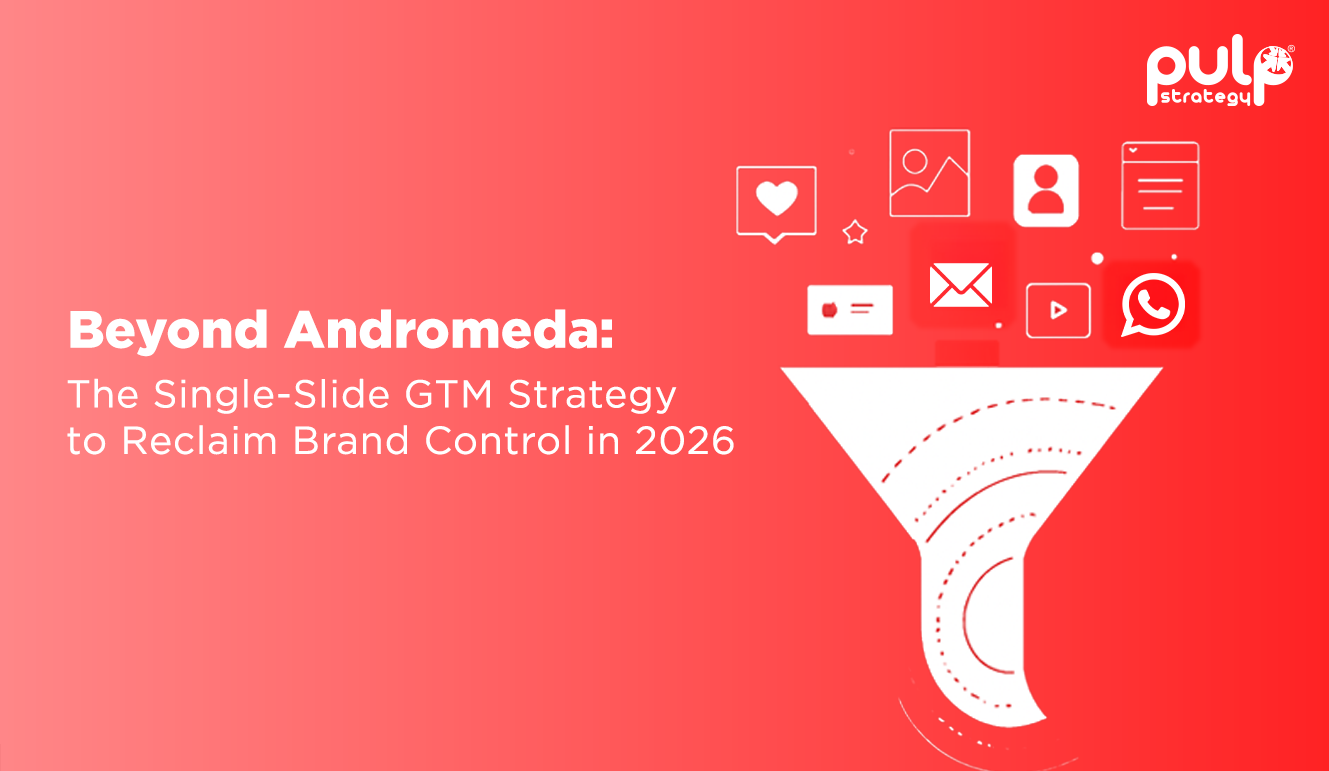By investing in digital transformation, businesses can keep up with the pace of change and deliver the experiences that customers demand. Explore why businesses of today need to drive digital transformation in their marketing efforts.
Businesses today are under pressure like never before to digitally transform their marketing efforts. The reason is simple: customers have changed. They're more connected, more informed, and more demanding than ever before. And they expect businesses to meet them where they are. Digital transformation is no longer a "nice to have" for businesses – it's a necessity. By investing in digital transformation, businesses can keep up with the pace of change and deliver the experiences that customers demand.
Benefits of driving digital transformation in marketing
Digital transformation can help marketing organizations keep pace with the ever-changing landscape of the customer journey. By automating and scaling processes, marketing teams can focus on higher-level strategic tasks such as customer segmentation and targeting. Additionally, digital transformation can help reduce costs and increase operational efficiency. When executed correctly, digital transformation can provide a number of benefits for marketing organizations, including:
Increased customer engagement
By automating repetitive tasks and workflows, marketing teams can focus on more engaging activities that will resonate with customers. Digital transformation can help create a more personalized customer experience by utilizing data to deliver tailored content and messages.
Improved customer insights
Digital transformation can help marketing teams gather more accurate and actionable data about customers. This improved understanding can then be used to make informed decisions about campaigns, strategies, and budgets. Additionally, real-time data analytics can uncover new opportunities and optimize current marketing efforts on the fly.
Increased operational efficiency
Automating processes and workflows can help marketing teams eliminate manual errors and tedious tasks. This newfound efficiency can free up time and resources that can be reinvested in other areas of the business.
Reduced costs
In addition to increasing operational efficiency, digital transformation can also help reduce costs associated with marketing activities. Automation can help eliminate the need for certain manual tasks, while also reducing the amount of time and resources required to complete complex processes. Additionally, digital transformation can help organizations make better use of existing data and avoid duplication of effort.
Improved decision-making
Digital transformation can help marketing teams make more informed decisions about campaigns, strategies, and budgets. By utilizing data analytics tools, teams can gain a deeper understanding of customer behaviour and preferences. This insight can then be used to optimize current marketing efforts and plan for future needs.
How To Drive a Successful Digital Transformation in Marketing?
Organizations looking to drive digital transformation need to start by assessing the following points -
Define your goals and objectives
Before embarking on a digital transformation journey, it is important to first define what you hope to achieve. Do you want to improve customer engagement? Drive more sales? Increase brand awareness? By setting clear goals, you will be able to better measure the success of your transformation later on.
Conduct a digital audit
Once you have defined your goals, it is time to take a closer look at your current marketing efforts. This will help you identify areas where improvement is needed. Are you making full use of digital channels such as social media and your website? Are your campaigns effective in reaching your target audience? Answering these questions will give you a good starting point for your transformation.
Create a detailed plan
Now that you know what needs to be done, it is time to create a plan of action. This should include a timeline for each task, as well as who will be responsible for completing it. Be sure to involve all members of your marketing team in the planning process so that everyone is on the same page.
Implement your plan
Once your plan is in place, it is time to start implementing it. This may require making some changes to your current marketing strategies and processes. But don’t be afraid to experiment – after all, that’s what digital transformation is all about! Try new things and see what works best for your business.
Evaluate your progress
As you implement your digital transformation, it is important to regularly evaluate your progress. Are you seeing the results you want? If not, what changes do you need to make? By constantly measuring and assessing your efforts, you can ensure that your transformation is successful.
Major Areas of Digital Transformation in Marketing
Digital marketing covers a wide range of activities and strategies that businesses can use to reach their target audiences. Here are some of the major digital marketing areas:
- Search Engine Optimization (SEO): This involves optimizing your website and its content to rank higher in search engine results pages (SERPs), making it more visible to potential customers.
- Pay-Per-Click (PPC) Advertising: This is a form of online advertising where you pay for each click on your ad, regardless of whether the user ends up buying anything from your website.
- Social Media Marketing: This entails promoting your brand or product on social media platforms such as Facebook, Twitter, and Instagram.
- Content Marketing: This involves creating and sharing high-quality content that is relevant to your target audience and helps to promote your brand.
- Email Marketing: This involves sending marketing messages or updates to customers and prospects via email.
As a marketer in this age of digital transformation, remaining transparent and open about every measure you take for the future of your business is quintessential. There is an increased chance of success if you grant access to a host of technologies and knowledge and show how it can support major business shifts. If you are just starting or want to move to the next level of digital transformation, Pulp Strategy, one of the leading strategic marketing agencies in India, is your one-stop solution. We have been making businesses digital first ever since our existence and we thrive to take businesses to newer heights with every campaign.









